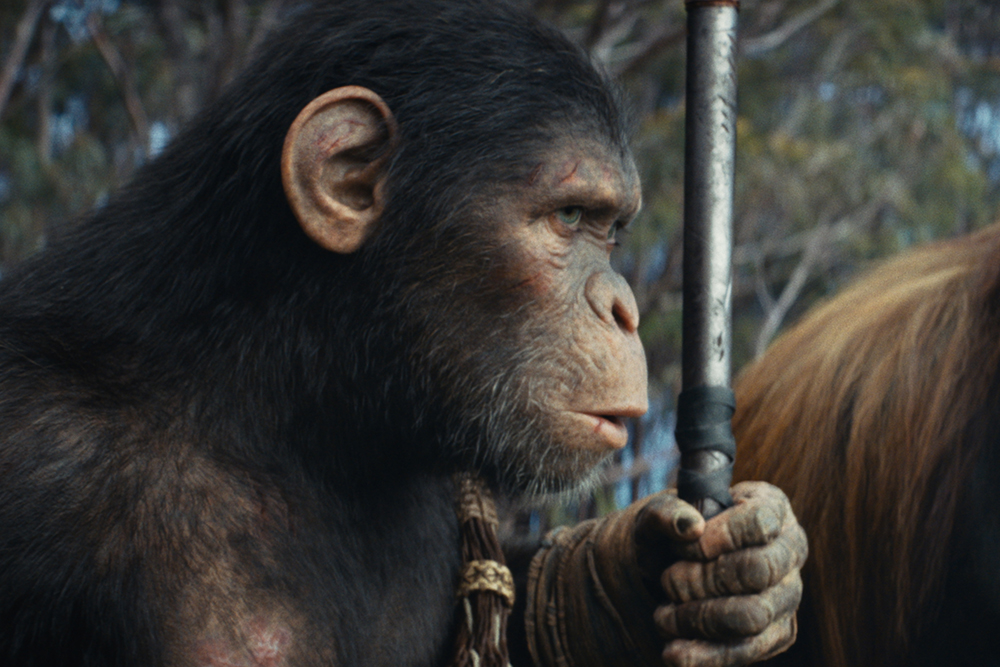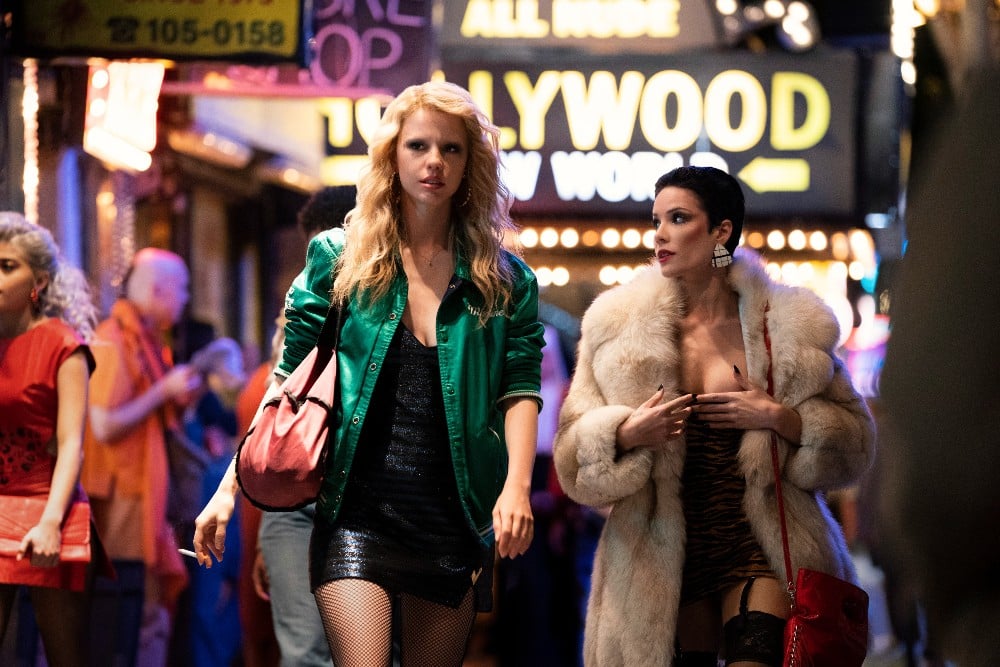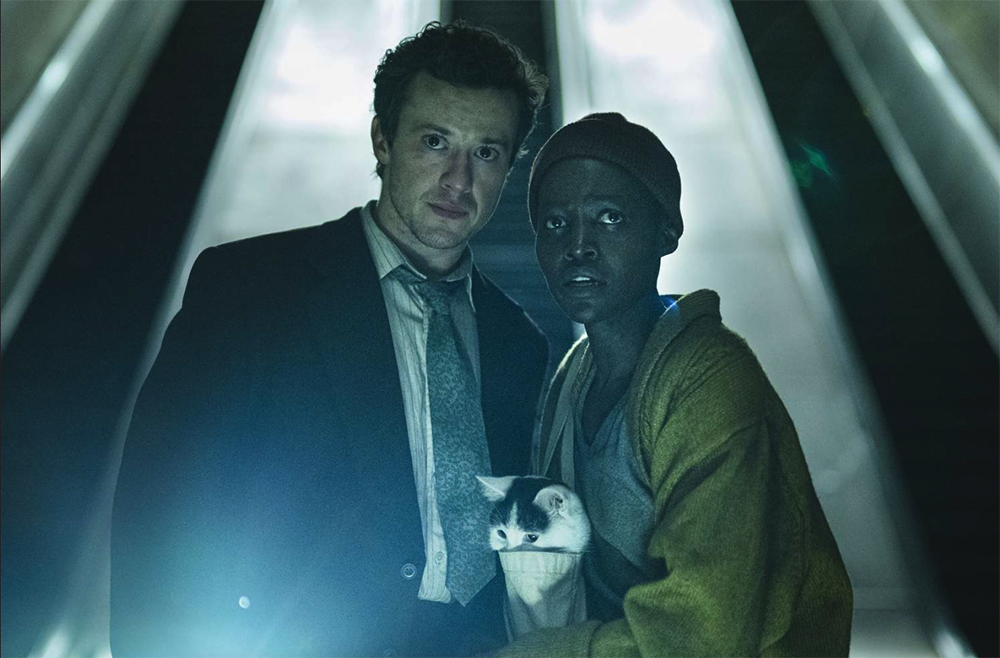Movie Review: Kingdom of the Planet of the Apes
There are some decent monkeyshines scattered throughout this epic, but the series is still too dull and too self-important.
The inherent problem with the modern “Planet of the Apes” series, now on its fourth film despite an overall lack of enthusiasm, is … well, the apes.
They look fine, and they’re always well portrayed. But insofar as the original “Planet of the Apes” concept was novel, it was because we were visiting a bizarre civilization run by hyper-intelligent creatures distinct from ourselves. It was science fiction — and a metaphor for our own struggles, yes, but with (supposedly) distant-planet wonder and mystery.
In the new series, they’re pretty much just apes. They can talk a little, and build some things. But mostly: Just apes. On our planet, in the immediate aftermath of humanity. It is a literally earthbound fantasy: Inherently limited and narrow focused, forcing its narratives into a small box.
The new chapter, “Kingdom of the Planet of the Apes,” at least jumps a few centuries forward from the drab events of 2017’s “War for the Planet of the Apes.” (Clunky naming convention they’ve got there, but that’s the least of their problems.) Now, apes have formed hunter-gatherer clans; our protagonist, Noa (Owen Teague) is part of a group that raises and hunts with eagles.
All is not well in apedom, however; a maniacal leader, Proximus (Kevin Durand), has enslaved legions of apes in an attempt to build a kingdom using human technology. After Noa’s family is taken, he teams up with a bookish orangutan (Peter Macon) and a wayward human (Freya Allen) to find them.
Yes, there are still humans around. The planet is a complicated place.
The action sequences in “Kingdom” are impressive, brutal brawls between apes of varying sizes; when a gorilla shows up, you’re in for a thrilling fight. Narratively, there are glimmers of resonance around the way various apes engage with the legend and legacy of Caesar, the hero of the previous three films; he’s become something of a chimp Jesus, with his teachings honored widely but vastly misappropriated.
For the most part, though, this is a film soaked in overlong and overwrought storytelling. Little actually happens in the 145 minutes of “Kingdom,” yet director Wes Ball and screenwriter Josh Friedman treat the material like they’re telling a Biblical epic rather than a movie primarily driven by ape fights.
And back to the ape problem — listen, you can make a fantasy movie about anything. Dragons, fairies, wizards, whatever. If you’re just going to keep choosing “apes,” I’ll go to the zoo instead — at least I can easily leave the zoo when I get bored.
My Rating: 4/10
“Kingdom of the Planet of the Apes” is now playing in theaters.















